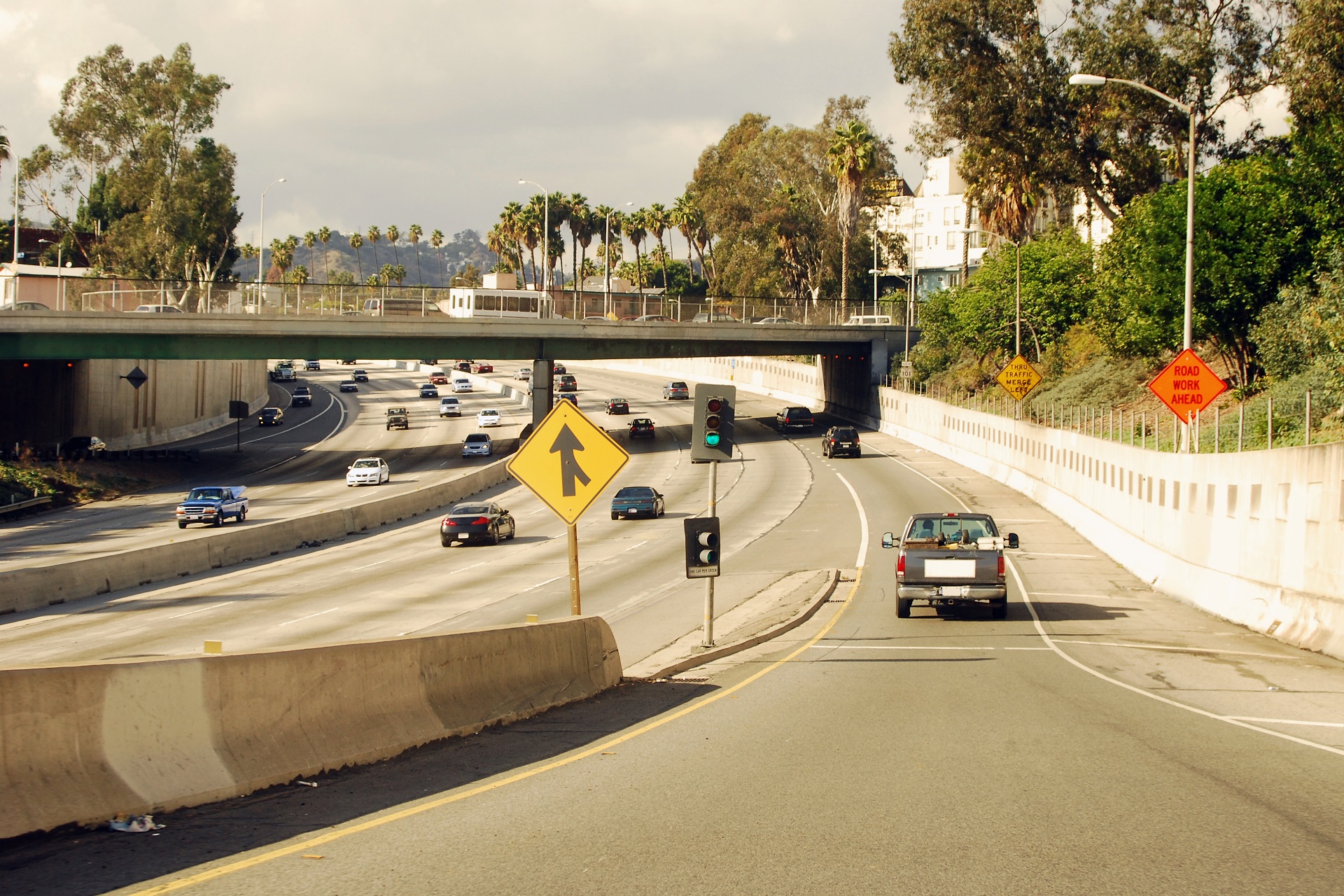The California Court of Appeal in Castellanos v. State of California confirmed earlier this month that, under Proposition 22, businesses in California can continue to classify certain workers as independent contractors—but only if they meet certain criteria and are provided with certain benefits and protections. Proposition 22 was a ballot measure approved by California voters in November 2020 that exempts app-based ride-hailing and delivery companies from California's Assembly Bill No. 5 (AB 5), which requires companies to classify their workers as employees unless they meet certain criteria for independent contractor status (the so-called ABC test). Proposition 22 allows certain app-based drivers, delivery workers, and gig workers in California to be classified as independent contractors if they have control over their work, entrepreneurial opportunity, provide their own tools and equipment, possess special skills, and receive limited benefits.
While this ruling is a victory for businesses, the future of California independent contractor law remains uncertain, as it is likely to be appealed to the California Supreme Court.
The Appeal Court’s ruling on Proposition 22 has significant implications for businesses in California who rely on independent contractors. Here are several best practices that California businesses that utilize independent contractors should consider:
- Review worker classification practices. Businesses should consider reviewing their worker classification practices to ensure they comply with California law. The ruling confirms that California ride-hailing and delivery businesses can use the independent contractor classification for certain workers, but only if they meet certain criteria and are not misclassified as employees. This may require a closer look at job duties, work arrangements, and other factors that affect worker classification.
- Reexamine the benefits and protections required for independent contractors under Proposition 22. The ruling includes some new benefits for drivers such as a minimum earnings guarantee and health care subsidies to drivers who work a certain number of hours per week. Companies must also provide occupational accident insurance to cover medical expenses and lost income in case of a work-related accident or injury.
- Evaluate the nature of the work performed by the independent contractors. Beyond the context of Proposition 22, businesses should assess whether the independent contractors they hire perform work that is outside the usual course of their business.
- Review existing contracts. Businesses should review their existing contracts with independent contractors to ensure they accurately reflect the new legal standards for classification. Companies should confirm that the contracts clearly define the scope of the work, the terms and conditions of payment, and the parties’ respective obligations.
- Communicate with employees. Businesses should communicate with their employees about their classification status and any changes that may occur. It is important to be transparent with employees about their rights and obligations under California labor law.
Moreover, employers should be mindful that this ruling only applies to app-based ride-hailing and delivery companies. It does not provide blanket immunity for all independent contractor classifications. Companies in other industries must continue to comply with AB 5 and other applicable laws regarding independent contractor classification. Businesses should consider carefully reviewing their classification practices and ensure compliance with the law to avoid legal liability and financial penalties.
In any case, California employers will need to continue to closely monitor developments in this area of law and be prepared to adapt to potential changes in the legal landscape. Employers should consider working with their legal departments or outside counsel to help identify potential areas of risk and provide guidance on best practices for compliance.











/Passle/6488d4630e7e25c9ac9f834a/SearchServiceImages/2024-11-14-13-11-27-495-6735f6fff42d6cc59c8ec5c1.jpg)
/Passle/6488d4630e7e25c9ac9f834a/SearchServiceImages/2024-11-11-22-02-38-042-67327efe31216b909e6ea644.jpg)
